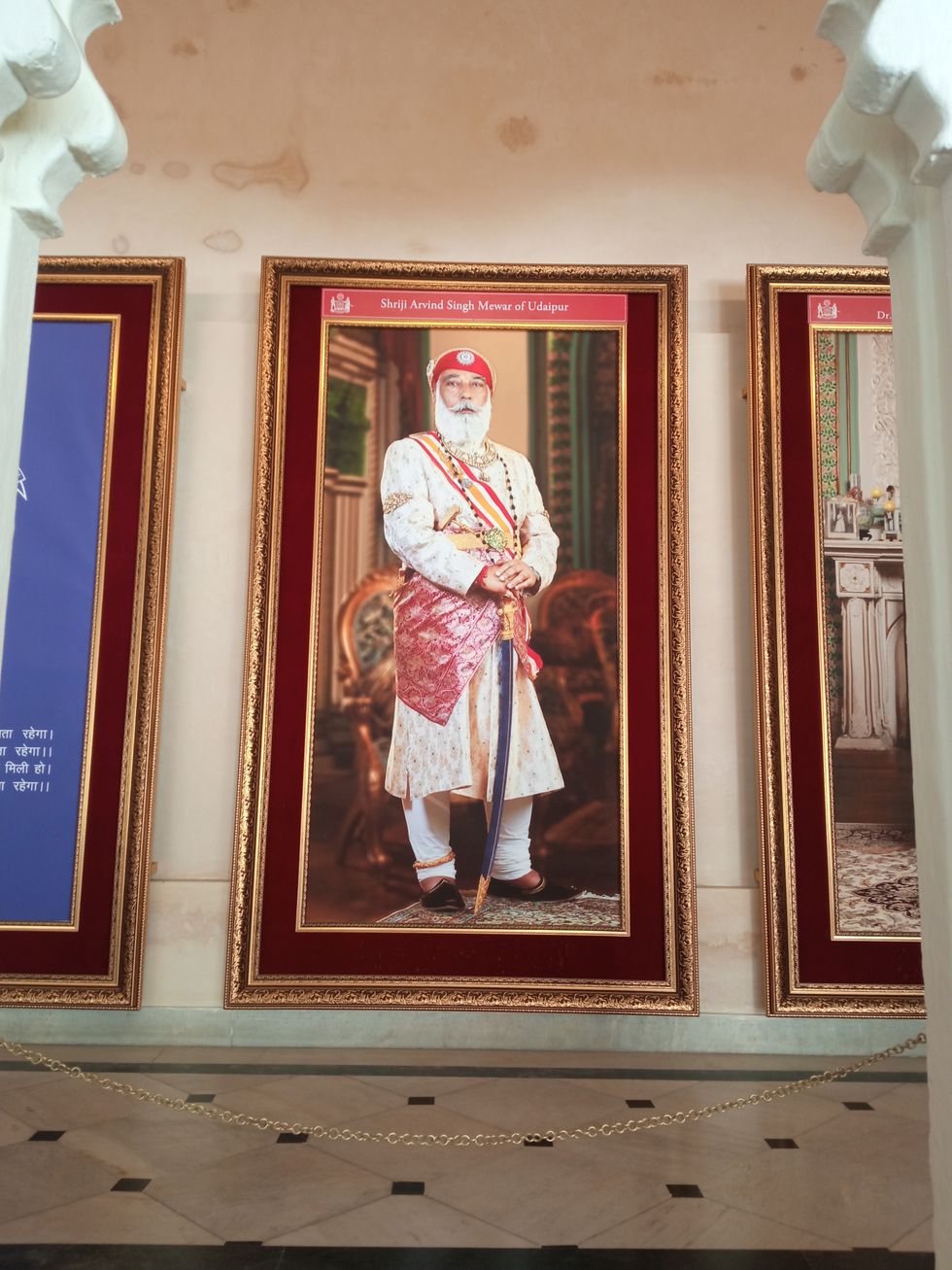by Amit Roy
SO FAR no one has pointed out that Theresa May’s government looks a lot less diverse after the departure last week of no fewer than four Asians from their respective jobs.
Perhaps the resignation that disappointed me most was that of Shailesh Vara as minister of state at the Northern Ireland Office. He has been a long-time friend.
The others were those of the Sri Lankan-origin Suella Braverman as parliamentary under-secretary of state for exiting the European Union; Ranil Jayawardena, who is also
of Sri Lankan origin, leaving the same post in the ministry of justice; and Pakistani-origin Rehman Chishti as a vice-chairman of the Conservative Party and the prime minister’s trade envoy to Pakistan.
Of all the Asian politicians in the country, Shailesh, now 58, is probably the least flamboyant. Born in Uganda into a Gujarati family, Shailesh came to Britain as a child,
trained as a solicitor, became Tory MP for North-West Cambridgeshire in 2005 and was made Northern Ireland minister earlier this year.
He was once tipped as a future prime minister – nearly always the kiss of death.
Shailesh and I were due to have a chat a few days ago but he postponed the meeting at the last minute.
Had he given any indication of his thinking, I would have urged him to reflect very carefully before resigning.
No doubt he will argue that he had to put principle above politics, even though by resigning he and the other three Asians have risked their careers. I wouldn’t say this of Shailesh, who is an honourable man, but when politicians claim they are resigning because their
conscience does not allow them to carry on, most secretly hope they are lining up a better job in the future.
The departure of the four Asians was virtually ignored by the media on a day when Dominic Raab quit sensationally as the Brexit secretary.
His resignation I found utterly baffling. Did he disagree with the deal he himself had negotiated or did the prime minister go behind his back and make last minute changes without telling him first?
The danger in leaving government is that those who resign are seldom invited back. Take Baroness Sayeeda Warsi, for example. In 2014 she resigned as a foreign office minister
because she felt no longer able to support the Cameron government’s policy on the escalation of violence in the Israel–Gaza conflict, describing the UK’s position as
“morally indefensible”.
It is worth remembering Cameron had gone out of his way to promote her, as he also did with Priti Patel. Today, Sayeeda appears relegated to the political wilderness.
Theresa May brought the former home secretary Amber Rudd back into government but there was no recall for Priti, who had to step down a year ago as international development
secretary. She was replaced by Penny Mordaunt, who is now making all the running. In fact, she was the chief guest at the Hinduja Diwali party, just as Priti was last year.
Instead of being so self-indulgent, the gang of four should have fought their corner from inside government.
They had forgotten they were role models and had a wider duty to the Asian community. The reality is that very few people have even bothered to read their long resignation letters.
Let me make another general point. Those Asians in public life who think they are so important they don’t have the time to give interviews to newspapers such as
Eastern Eye bite the dust sooner or later. In times of crisis, they need reliable friends.





 The Calcutta Club
The Calcutta Club The Bengal Club lawns
The Bengal Club lawns










 His portrait in the City Palace
His portrait in the City Palace
 Pakistani artist Moazzam Ali Khan caught the attention of Bollywood legend Javed Akhtar with his soulful YouTube cover of Yeh Nain Deray Deray
Pakistani artist Moazzam Ali Khan caught the attention of Bollywood legend Javed Akhtar with his soulful YouTube cover of Yeh Nain Deray Deray John Abraham to headline action thriller Tehran
Getty Images for DIFF
John Abraham to headline action thriller Tehran
Getty Images for DIFF
 Tikri Border, Haryana-Delhi by Aban Raza
Tikri Border, Haryana-Delhi by Aban Raza Harmz Matharu
Harmz Matharu Abhishek Bachchan in Be Happy
Abhishek Bachchan in Be Happy Devika's soulful vocals shine in her new Punjabi ballad Wisteria
Devika's soulful vocals shine in her new Punjabi ballad Wisteria Indian Idol star Nitin Kumar promises a soulful mix of qawwali, Sufi, and folk music at his upcoming UK performance
Indian Idol star Nitin Kumar promises a soulful mix of qawwali, Sufi, and folk music at his upcoming UK performance Kunal Kamra during his show
Wikipedia
Kunal Kamra during his show
Wikipedia
 Swiss-Indian singer BombayMami is making waves with her bold style and sound
Swiss-Indian singer BombayMami is making waves with her bold style and sound Hania Aamir receives a questionable honour in London
Hania Aamir receives a questionable honour in London


 A resident in Odessa, Ukraine, as smoke rises from a fire following a strike earlier this month amid the Russian invasion
A resident in Odessa, Ukraine, as smoke rises from a fire following a strike earlier this month amid the Russian invasion